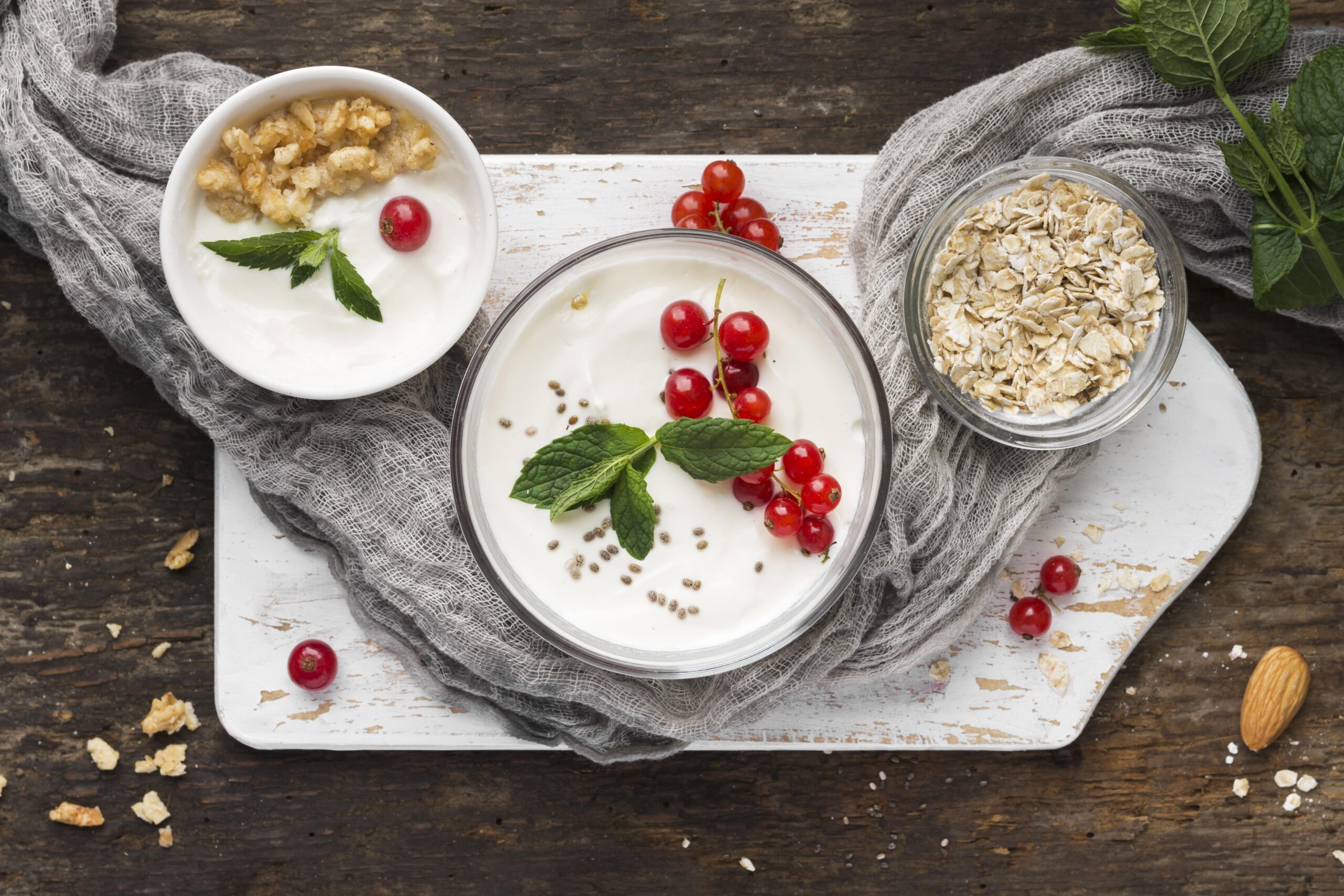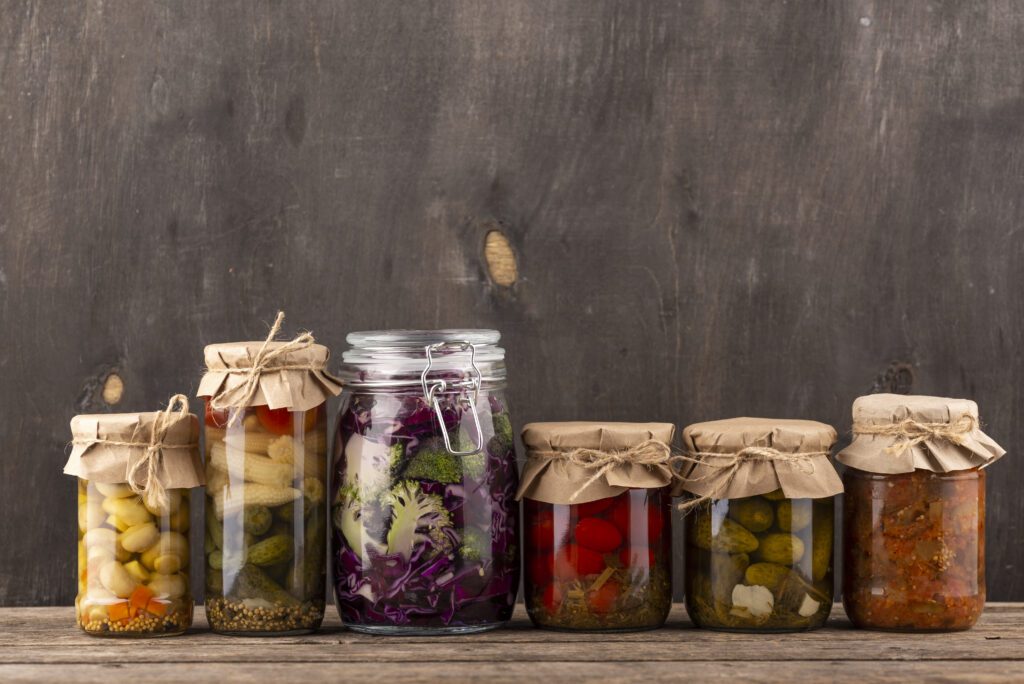The road towards cancer recovery is a quite rigorous and difficult one. Treatments including chemotherapy, radiation therapy, or surgery have major consequences on the physical and psychological state of the patient. Apart from this, another area where cancer sufferers struggle is their intestinal health.
After chemotherapy and radiation, patients often have to face nausea, diarrhea, and weak immunity. In this background, the importance of probiotics for cancer patients has increased. These microorganisms called “good bacteria” are known to improve gut health. But are probiotics for cancer patients beneficial? Or is it just a trend?
We will go over these truths and myths in this post to better understand how probiotics could help in cancer recovery.
Table of Contents
Why Probiotics Are Gaining Attention
Probiotics are live microorganisms that, if taken in the right quantity, are beneficial for health. Their job is to maintain the gut microbiota which is responsible for digestion and immunity.
For cancer patients, probiotics become important as medicines can disturb the digestive balance. Radiation and chemotherapy damage the gut lining, therefore increasing health risks and infection risk.
Today, due to the benefits of probiotics for cancer patients, their name is heard everywhere, but are they effective in every case?
Understanding Probiotics
To understand probiotics, it is important to understand their types and function. These are the “friendly bacteria” of the gut which support the gut lining and balance the harmful bacteria.

Types of Probiotics
- Lactobacillus:
- Found in yogurt and fermented vegetables.
- Improves digestion and relieves diarrhea.
- Bifidobacterium:
- o It is found in dairy products and supplements.
- o Boosts immunity and relieves symptoms of ABS (irritable bowel syndrome).
- Saccharomyces boulardii:
- It is a yeast-based probiotic that is helpful in antibiotic-induced diarrhea
How Probiotics Work
Probiotics are powerful. They help keep our gut healthy. They renew our gut’s usual bacteria, mend the lining, and strengthen our immunity. Incredibly, they lower inflammation in the gut. This is key in bouncing back from cancer.
Cancer and Gut Health
Impact of cancer treatments on the gut
Cancer treatments such as chemotherapy and radiation not only kill cancer cells but also damage the gut lining and beneficial bacteria. This can:
- Gut microbiota becomes imbalanced, which causes diarrhea and digestive problems.
- The immune system becomes weak, which increases the risk of infections.
- Chronic inflammation develops, which slows down the recovery process.
Gut-Cancer Connection
Good digestion, based on studies, can reduce side effects and improve the result of cancer therapy. The helpful downside of a strong gut barrier is the speed of patient recovery.
Potential Benefits of Probiotics for Cancer Patients
The following are a few important benefits of probiotics for cancer patients to help with their recovery:
1. Immunity Boost
- The immune system becomes compromised after cancer treatments, which increases the risk of infections. Probiotics such as Lactobacillus rhamnosus and Bifidobacterium longum activate immune cells and protect the body from infections. This is why probiotics for cancer patients are increasingly recommended by healthcare professionals.
2. Managing Treatment Side Effects
- Common side effects of chemotherapy and radiation, like diarrhea and feeling sick, can be helped by probiotics. Studies show that probiotics for cancer patients make diarrhea less severe and last less time.
3. Better Nutrient Absorption
- Those battling cancer may struggle to take in the necessary nutrients. By revitalizing the lining of the gut, probiotics assist in increasing nutrient absorption a key factor in their road to recovery.
4. Reducing Inflammation
- Probiotics are great. They help lower long-term inflammation that is linked to cancer. These little heroes make substances that lessen swelling. They do work all over the body, not just in the gut!
Scientific Studies and Evidence
There have been several studies and case studies on the benefits of probiotics for cancer patients:
- A study in the Journal of Clinical Oncology found that probiotics significantly reduce chemotherapy-induced diarrhea.
- Case Study: A 55-year-old breast cancer patient reported that probiotic supplements controlled her digestion and nausea during chemotherapy.
- Another study showed that patients taking probiotics had fewer hospital readmissions for treatment-related complications.
But remember that probiotics for cancer patients are not a standalone solution. They are more effective with combination with conventional cancer treatments.
Common Myths vs. Facts About Probiotics in Cancer Recovery
Myth 1: Probiotics Are a Cure for Cancer.
Fact: Probiotics do not cure cancer. They only help manage the symptoms and side effects.
Myth 2: All Probiotics Are the Same.
Fact: Every probiotic strain has a different function. For example, Lactobacillus acidophilus works for digestion, and Saccharomyces boulardii for diarrhea.
Myth 3: Probiotics Are Risk-Free for Everyone.
Fact: Probiotics can be harmful to immunocompromised patients. Consultation with a doctor is a must.
How to Incorporate Probiotics Safely

To have probiotics useful to cancer patients, you need to do certain things:
1. Choose the Right Probiotics
Not every probiotic strain is suitable for every patient. Prefer clinically tested strains like Lactobacillus rhamnosus GG and Bifidobacterium bifidum.
2. Dietary Sources of Probiotics
- Curd
- Fermented Foods
- Kimchi and Kombucha
- Miso Soup
3. Consult Healthcare Providers
Always discuss with your doctor or dietitian before starting probiotics.
4. Start Slow
Start with small doses and observe your body’s reaction. If there are no side effects, increase the dose gradually.
Conclusion
Recovering from cancer is a complicated trip with several elements. Particularly in terms of promoting gut health and immunity, probiotics are beneficial. They are not, however, a stand-alone therapy.
Include probiotics only with the guidance of your doctor and make science-backed decisions instead of chasing myths. Cancer recovery demands a comprehensive approach, and probiotics play a supporting role in this process.
FAQs
Are probiotics safe for all cancer patients?
No. Some probiotics may be harmful to immunocompromised patients. It is important to take the doctor’s advice.
Can probiotics reduce the risk of cancer recurrence?
Indirectly, probiotics can reduce recurrence risk by managing immunity and inflammation.
Which probiotics are best for cancer patients?
Strains such as Lactobacillus rhamnosus GG and Bifidobacterium bifidum are more suitable for cancer patients.
Should probiotics be taken during chemotherapy?
Yes, but only under the supervision of a doctor.
What natural foods provide probiotics?
Yogurt, fermented pickles, kimchi, kombucha, and miso soup are natural sources of probiotics.









